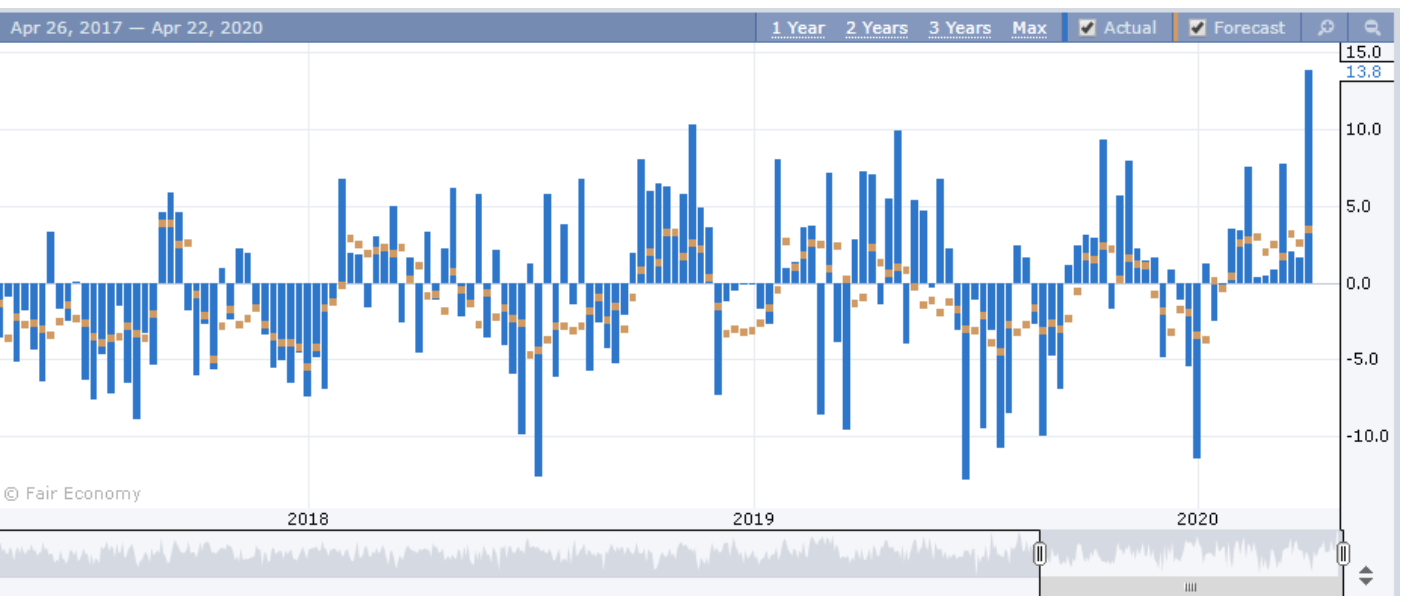While demand has been brutally degraded by the Covid-19 pandemic and the accompanying containment measures, supply on the other hand is only increasing on the part of the world's main producers, against the backdrop of the price war between Riyadh and Moscow. It is this imbalance that is exerting very strong pressure on prices.
In this downward movement, which is more like an uncontrolled slide than anything else, the price differential between Brent and WTI is widening. This spread is always rich in meaning.
If I had to give a tip to quickly grasp the mechanism that governs the Brent-WTI spread, I would advise you to carefully study the level of bottleneck or de-bottleneck in the US oil market. Put another way, the spread can be drastically reduced if the United States can export its oil to the rest of the world on a massive scale or if it is entirely consumed locally (in the case of strong local demand, which also requires sufficient refining capacity). On the contrary, it can deviate if US oil remains on the territory without being consumed, in the form of stocks. Black gold no longer leaves US borders and the Brent-WTI spread well, spreads.

Weekly inventories rise for the tenth consecutive week - source: Forex Factory
Falling U.S. demand and strong domestic production are leading to inventory build-up. Moreover, the oil to be delivered in May is trading at a sharply reduced price compared to the coming months, synonymous with a situation known as contango: companies opt for storage rather than selling at a loss. The onshore tanks but also supertankers are rapidly filling up, creating a real tension on the US storage capacities.
Canada is already experiencing this problem, as the maple leaf country will see its storage capacities reach saturation in the coming weeks. Some Canadian references, including heavy crude from Alberta, are thus trading at less than 10 USD. Others have even reached negative prices recently. In other words, producers prefer to sell their production at a loss because they cannot store it.
In the United States, pipeline operators have reportedly asked US producers to voluntarily reduce their production as some local sites are reaching the limit of their storage capacity. Another unusual practice is that some oil companies are turning to railcars to store crude oil that they cannot sell.
Given the fact that the United States is only at the dawn of its fight against the Covid-19, there is no doubt that the saturation of storage capacity will necessarily lead to the destruction of part of the American supply. It is this game of destruction that will alleviate the existing imbalances, unless the Trump administration succeeds in transferring this burden to other producing countries. This, however, will not entirely solve the problem of storage capacity...

 By
By 




